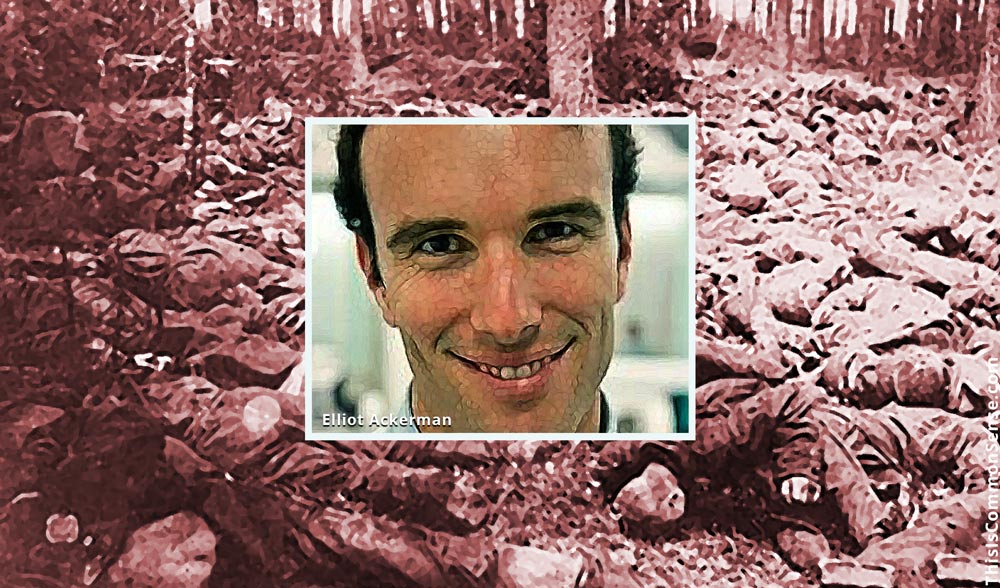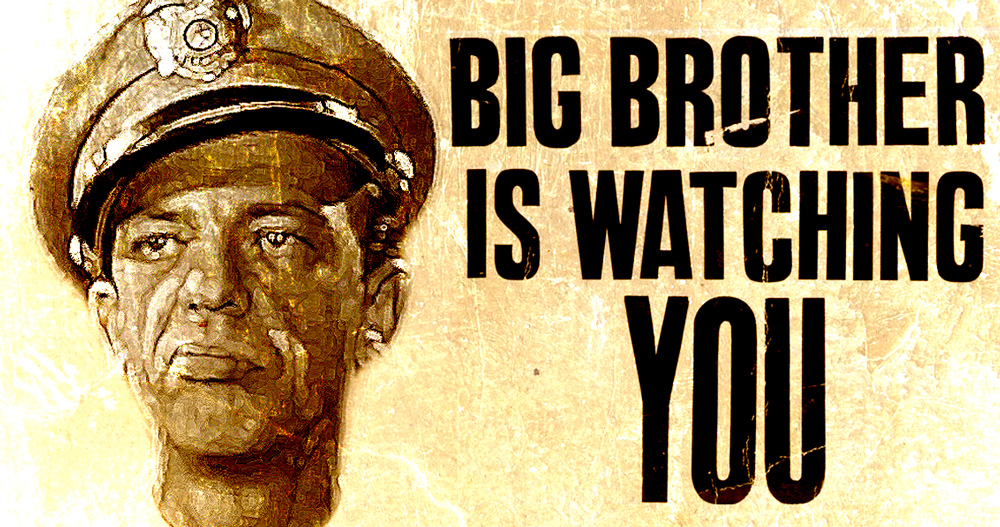“He was stuffed into what may have been a rental van operated by unmarked federal agents,” explained Cato Institute’s Patrick Eddington, “and taken to the federal courthouse, where he was interrogated without counsel. He wisely refused to answer questions and was then subsequently released without any kind of charges being filed.”
Eddington concluded: “I think most people would call that kidnapping.”
The “he” — detained and questioned by federal agents* in Portland, Oregon — is Mark Pettibone. Whether the van was rented is irrelevant, nor do these agents or their vehicles require any marking.
And criminal suspects can lawfully be held for questioning.
“So that we understand how police may remove someone from the streets,” Cato Daily Podcast host Caleb Brown adroitly offered, “we understand that they need to identify themselves.… that people who are placed under arrest retain certain rights to communicate with the outside world, to assert their ability to have a lawyer present for questioning.
“It seems that perhaps,” added Brown, “asking for a lawyer was the trigger here” resulting in Mr. Pettibone’s release.
Eddington agreed, but then announced that it “really does have the feel of Argentina or Chile in the 1970s, with the disappearances that took place. The only thing lacking was Mr. Pettibone being murdered by those agents.”
That is one big “only”!
“This is being done essentially to try to suppress protests in this country,” argued Eddington. “It has nothing to actually do with protecting monuments.”
“We’re talking only about violent rioters,” Homeland Security Deputy Secretary Ken Cuccinelli told NPR. “We’re not talking about actual protesters. We’re not seeking to interfere at all with anyone peacefully expressing themselves — period, full stop.”
Following the rule of law means protecting peaceful protests. And welcoming an investigation into the federal role in Portland. More concerning than Mr. Pettibone’s detention is the continued use of so-called non-lethal weapons, which seriously injured a protester weeks ago.
But the rule of law also means protecting Portlanders and their property against violence and destruction. And welcoming an investigation into the state and local dereliction of duty in Portland.
This is Common Sense. I’m Paul Jacob.
* The Department of Homeland Security acknowledged that agents with the CBP (Customs and Border Protection) were “cross designated to support FPS” (the Federal Protection Service) in Portland “because of the demand for more manpower in light of the violence.”
Note: Walter Olson, a senior fellow at The Cato Institute’s Robert A. Levy Center for Constitutional Studies and founder of the blog, Overlawyered.com, details what we know about the Portland controversy.
—
See all recent commentary
(simplified and organized)







